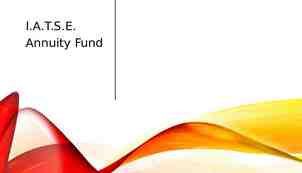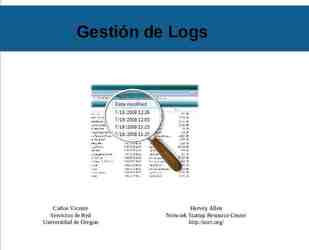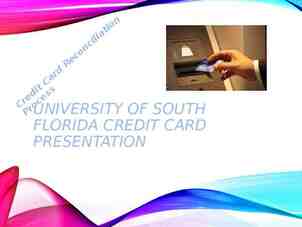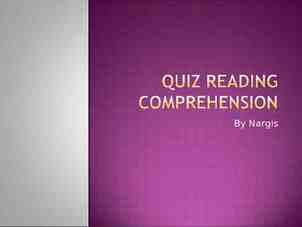Latin American Independence Movements
12 Slides974.02 KB

Latin American Independence Movements

Causes Successful Revolutions: American French Enlightenment Ideas Ideas of Liberty, Equality, Democracy Napoleon Takes Over Spain Spain is weak

Revolution in Haiti French colony of Saint Domingue During French Rev the African slaves revolted Led by Toussaint L’Ouverture Former slave, became skilled general 1801 he controlled all of island, freed slaves

Haiti’s Independence Jan 1802: French troops came to take it back Toussaint agreed to halt revolution if French ended slavery French accused him of planning another revolution! Arrested him, died to prison 1803

Haiti’s Independence Jean-Jacques Dessalines, Toussaint’s lieutenant, took over Jan 1, 1804: declared independence “Haiti” means “mountainous land”

Creoles Lead Independence 1808 Napoleon conquered Spain 1810: rebellion broke out in Latin America Two brilliant creole generals led independence: Simon Bolivar Jose de San Martin

Simon Bolivar Wealthy Venezuelan Creole 1811: Declared Independence Bolivar’s army lost many battles Aug 1819 turning point, won victory against Spain 1821: Venezuela won independence

Jose de San Martin: “The Great Liberator” Argentinian Creole Argentina declared independence in 1816, but Spanish still in nearby Chile and Peru 1817: freed Chile along with Bernardo O’Higgins 1822: Martin gave Bolivar his army so that he could defeated Spain in Peru

Mexico Ends Spanish Rule In Mexico, Indians and Mestizos played leading role 1810 Padre Miguel Hidalgo, a priest in small village of Dolores, took first step towards independence Poor but well educated, supported Enlightenment ideas Sept 16, 1810 rang bells of church, issued call for rebellion against Spanish grito de Dolores

Hidalgo’s followers began march next day toward Mexico City, 80,000 people! alarmed Spanish army and creoles, worried loss of property and life Army defeated Hidalgo in 1811 rebels then united around Padre Jose Maria Morelos: led rebellion for 4 yrs 1815 Morelos defeated by creole officer Agustin de Iturbide

Mexico’s Independence 1820 a liberal group in Spain took power, Mexican creoles worried they may lose privileges in colony so they united in support of Mexican independence Iturbide proclaimed independence in 1821 Central America was part of viceroyalty of New Spaingoverned from Spanish seat in Mexico 1821-several Central American states declared independence, but Iturbide refused, he was finally overthrown in 1823 Central America then declared independence from Mexico United Provinces of Central America was made up of future countries of Nicaragua, Guatemala, Honduras, El Salvador, and Costa Rica

Brazil’s Royal Liberator Brazil’s independence unique because no violence 1807 Napoleon invaded Spain and Portugal Prince John(later King John VI) and the royal family fled Portugal, set up in Brazil 1815 Napoleon defeated, King John and gov’t returned to Portugal in 1821; Dom Pedro, King John’s son, stayed behind Brazilians did not want to return to colony, 1822 creoles demanded independence, signed petition asking Dom Pedro to rule, he agreed Sept 7, 1822 he officially declared Brazil’s independence






